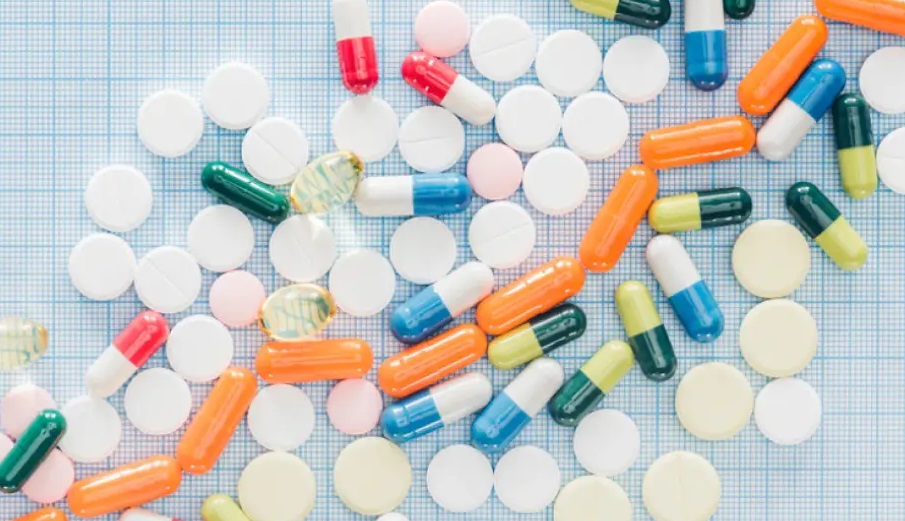Indian pharmaceutical companies may gain market share as a result of potential US tariffs, according to a JPMorgan report.
JPMorgan said that Indian pharmaceutical firms could benefit at the expense of their global competitors due to their superior cost competitiveness.
In an expert call, the brokerage also noted that the likelihood of pharmaceutical manufacturing shifting to the US is low, even if tariffs are imposed.
Tariffs of 25 percent or higher on pharmaceuticals are improbable, as they would lead to a significant increase in consumer costs and a lack of alternative suppliers, JPMorgan said.
In the event of a 10 percent tariff, a substantial portion of the cost is expected to be passed on to customers due to the consistent demand for drugs. The remaining portion of the tariff is likely to be absorbed by manufacturers or Pharmacy Benefit Managers.
Since pricing contracts for manufacturers are typically based on the landed cost of drugs, this supports the likelihood of a higher pass-through of costs to consumers.
The tariff increase is expected to result in higher drug costs and, in the medium term, increased insurance premiums for patients in the US. If tariffs persist, larger Indian pharmaceutical companies might consolidate to enhance their negotiating power. However, they are unlikely to exit the market, the brokerage noted.
JPMorgan also believes that biosimilars will likely be exempt from tariffs. Given the limited manufacturing infrastructure for these products in the US—where import dependence is around 70 percent—imposing tariffs on biosimilars would likely lead to a rapid and significant increase in patient costs, the report points out.
Regarding Contract Development and Manufacturing Organizations (CDMOs), JPMorgan stated that tariffs on Active Pharmaceutical Ingredients (APIs) or intermediates are unlikely.
Imposing tariffs on CDMOs would increase the cost of manufacturing formulations within the US. However, if such tariffs were imposed, CDMOs are expected to pass the costs on to their customers.
While the US administration aims to reduce import reliance—particularly for critical drugs—and boost domestic production, tariffs alone may not drive manufacturing relocation, the report suggests.
Several challenges hinder such a move, including the higher manufacturing costs in the US—estimated to be around 75 percent higher for small-molecule drugs compared to China or India. Additionally, stricter environmental compliance requirements and the globally distributed nature of pharmaceutical manufacturing make relocation impractical. Establishing an API or formulations manufacturing plant in the US would also take considerable time.
Apart from India, import tariffs on generic drugs from Israel and Switzerland are highly probable, the report adds, given the significant manufacturing presence of Teva and Sandoz in these countries.
According to the report, these companies operate with lower profit margins compared to Indian firms and would, therefore, be more adversely affected by tariffs.
-IANS




















